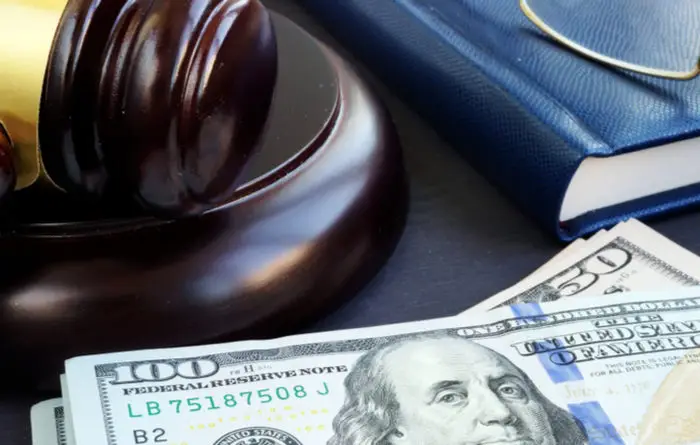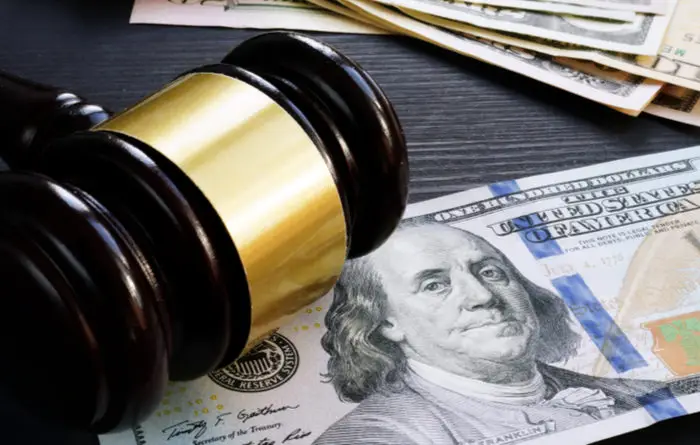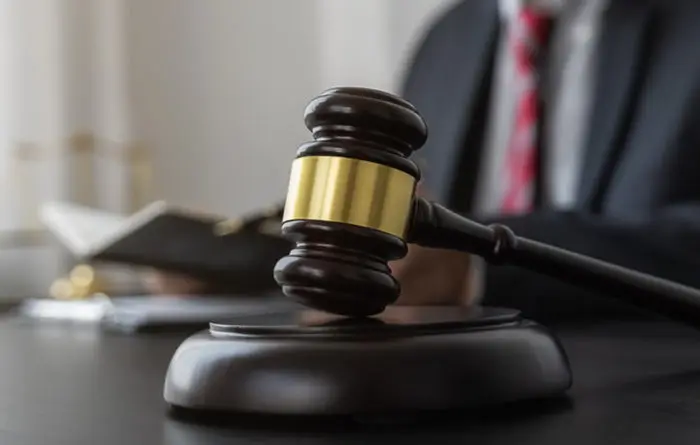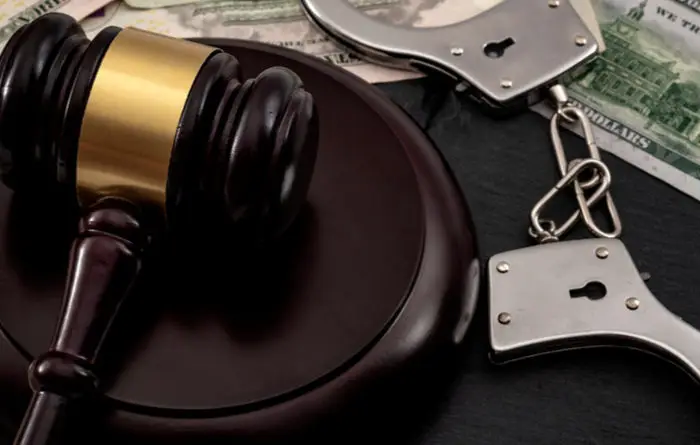Bail is the monetary (money) part and the bond is the signing of the documents. Bail is the dollar amount, the bond is the contractual agreement. Hence, you have the phrase, "bail bond".
Never from a bondsman, but if it's a cash-only bond, you do get your money back from the court minus small court fees. Court fees on a bond refund are usually $60-$300 depending.
There are stipulations that will allow for that. Usually, not, it depends on other things like collateral, such as collateral for the entire amount of the bond, or show to the bondsman you have reliable credit and you are able…
Yes, they can if you fail to follow the guidelines for your release, such as failing a mandatory or surprise drug test, not appearing in court, being involved in dangerous activities, or getting arrested again while out on your bond.
It can be canceled as long as it hasn't been signed yet, but it can be revoked after they get out of jail. Revoke can happen from not checking in or getting high and failing a drug test, breaking restrictions…
It could mean a couple of things, if it is attached to another bond amount that has $50,000, a $0.00 could mean it's all tied into one.
To a bail agent at their office or sometimes meet at the jail.
A bond is usually canceled when the subject of a bond fails to appear in court. The bondsman can also revoke your bond if they break the provisions set in the contract. A bond can also be canceled by the…
Insufficient bond means the court has decided that the previous bail amount is now insufficient, effectively nullifying the previous bail amount. This typically happens when the defendant breaks the conditions of their bond or commits additional crimes while awaiting their…
After a bondsman posts a defendant’s bail, it can take anywhere from 2 to 10 hours for their release. The amount of time it takes for the bond process to be completed can vary greatly. Factors such as where the…










